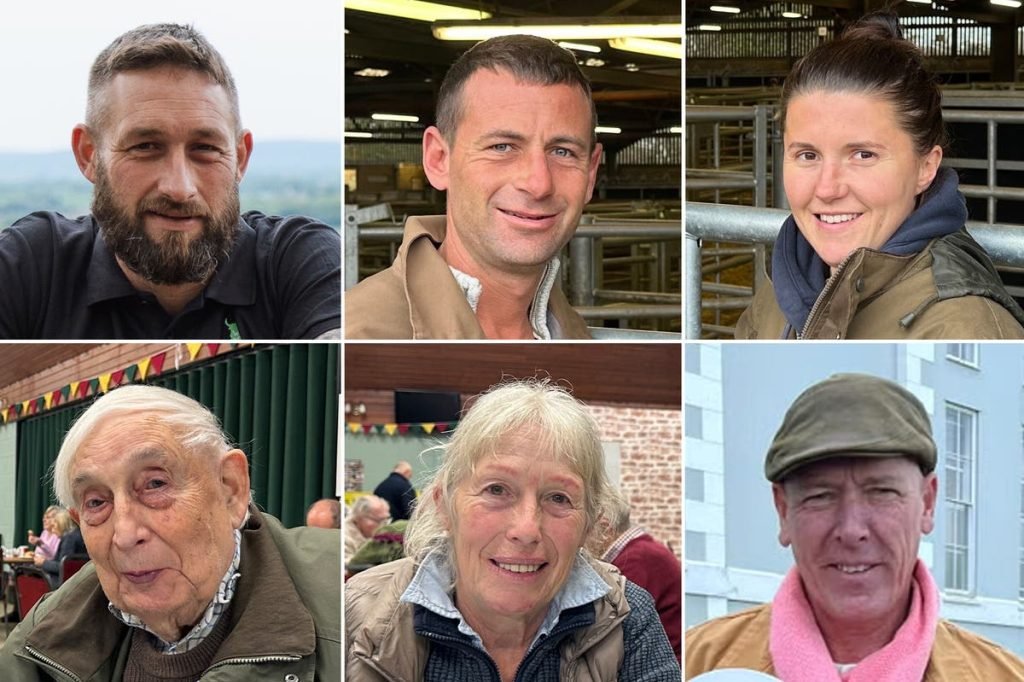
“I got into farming because I love it. But it’s got so hard now to make enough money, I’m looking to get a second job.”
Chris Callow started raising livestock as soon as he left school, aged just 17. Now, aged 37, he and his wife, Jaz, own a small farm raising cattle and sheep near Axbridge in Somerset.
The couple have ambitions to expand the business and pass it on to their six children – but all is not going to plan.
Sat outside the cafe at Frome Livestock Market, Mr Callow told The Independent: “We came here to buy a few cattle to raise on the farm but they cost too much.
“So, we’ve come here and all we’ve got is lunch,” he added with a wry smile.
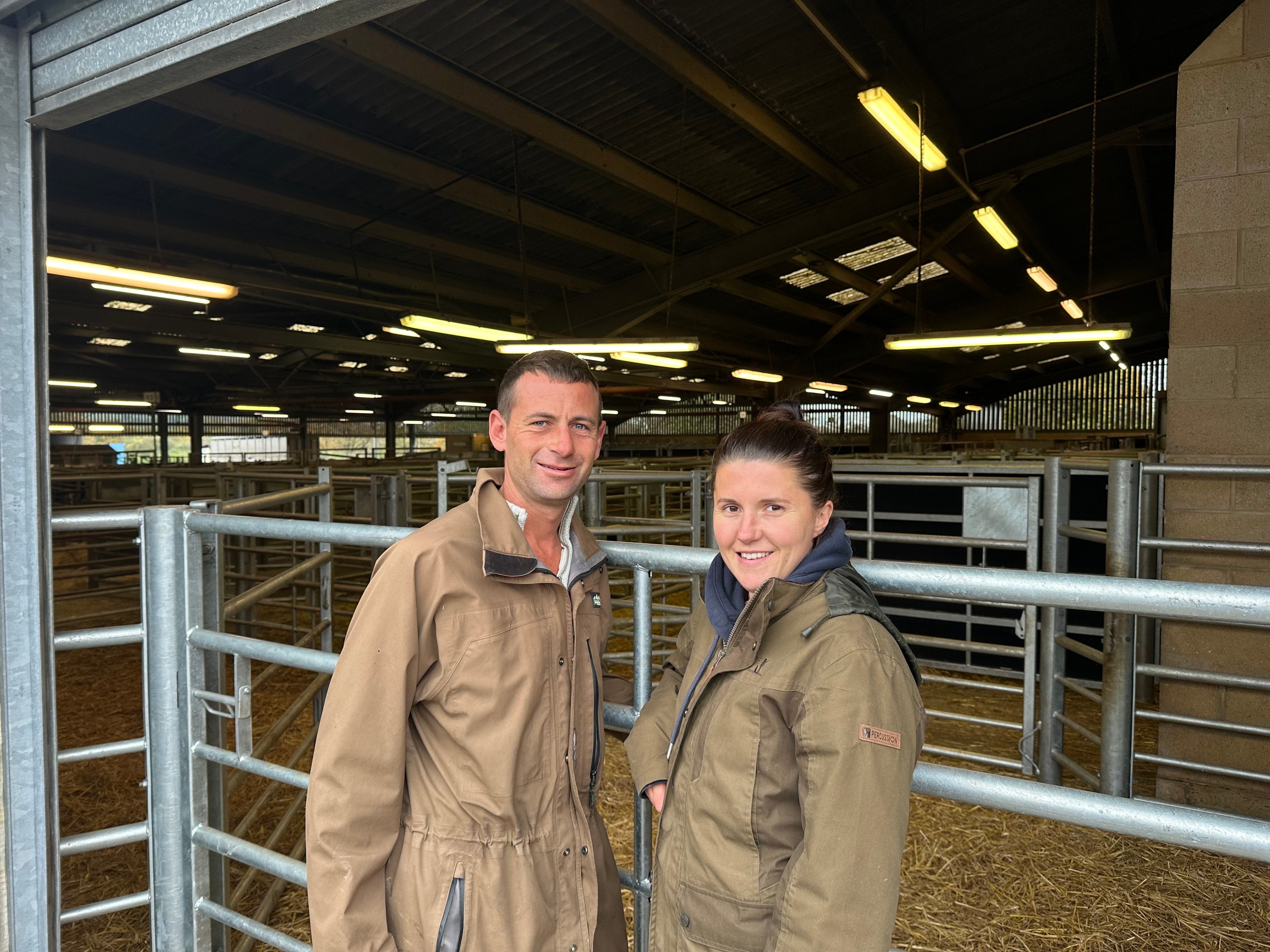
The price of calves used to be around £50 to £60 each, Mr Callow explained. But now, he said, the breeds he wants for his farm cost between £150 and £160.
It’s the same for sheep, he added. In the past, he’s bought around 1,500 lambs to “fatten up” over the winter on the almost 200 acres of land he rents, but this year he can’t afford the price of them.
Mr Callow said costs had soared after Brexit.
Latest Defra figures show that the price of calves rose 4 per cent between 2020 and 2022, while production, including labour and feed, increased by 27 per cent.
“It’s getting so difficult,” he said. “The boys on the large-scale farms have the means to buy up huge stock, but we just don’t have the money to even get started properly.
“I don’t know what we do. We want to build up the farm, but it’s hard. We’ll keep going at it, for the time being, I’m looking at another job in tree surgery alongside this.”
Mrs Callow added: “With six children aged up to 12, Christmas will be more difficult this year when buying presents.”
The couple’s story isn’t isolated.

Defra figures show the number of farms in England with land of up to 124 acres has fallen 28 per cent between 2015 and 2023, while the number of farms with more than 495 acres has risen eight per cent in the same period.
Smaller family farms say they are struggling to compete with larger business able to buy up land and stock more easily, and invest in technology.
And Labour’s Budget is about to make the challenge even harder, they say, with increases in minimum wage and national insurance for employers, as well as changes to inheritance tax rules set to affect what farmers are able to pass on to their families, dubbed the “tractor tax”.
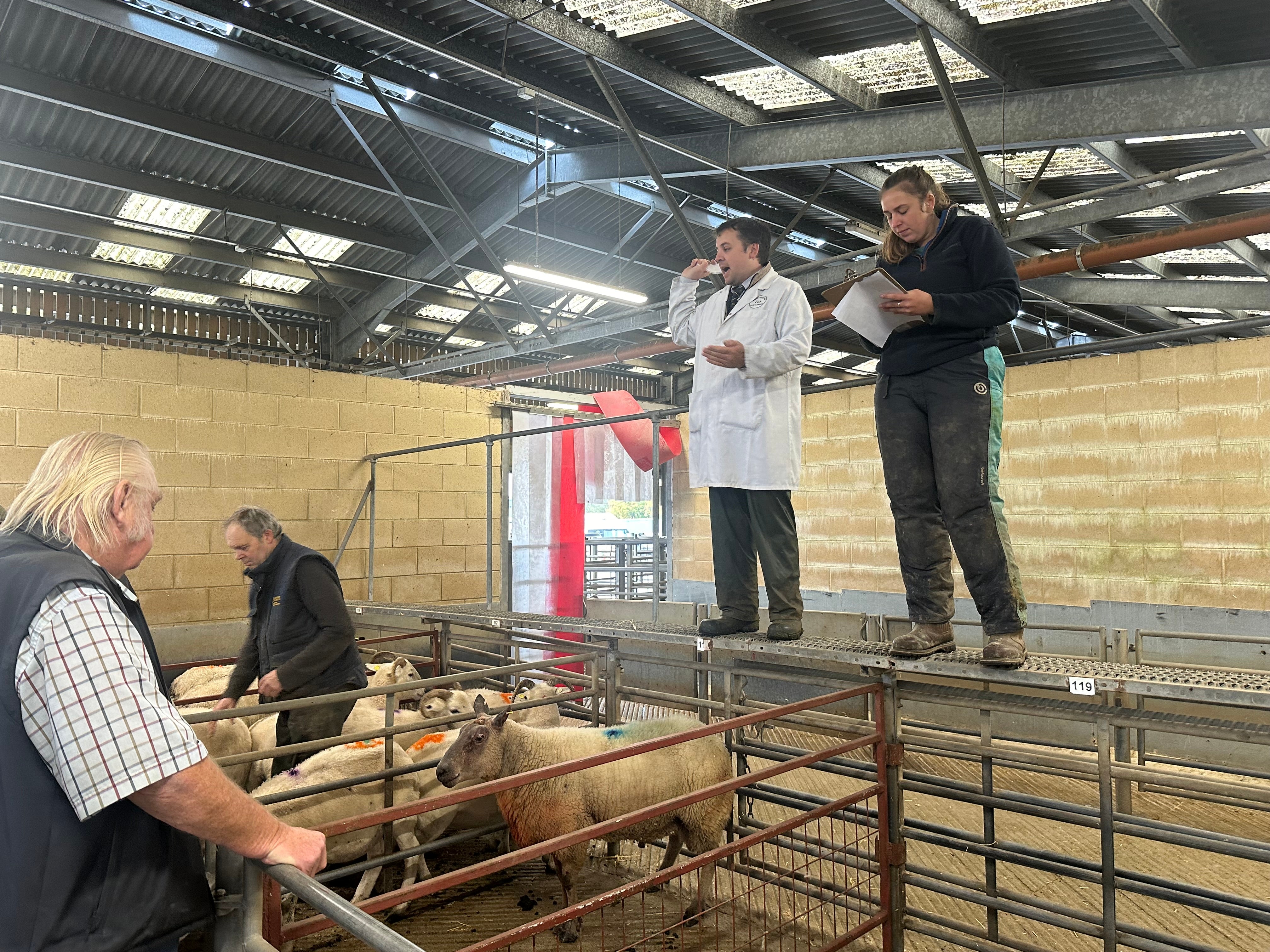
“Markets are seeing significantly less livestock come here to be sold than a few years ago,” said Bradley Towell, managing director at Frome Livestock Auctioneers.
Smartly dressed in an auctioneer suit and wearing boots, Mr Towell explained that the market, which can be traced back to the Doomsday Book, moved from the centre of Frome to its current purpose-built site three miles away in 1989.
Holding sales twice a week, he said it draws family farmers from across the West Country – but with fewer in number, and a rise in larger businesses dealing directly with abattoirs, the number of livestock coming through had fallen.
“The environment schemes people are now being funded for [post-Brexit government subsidies], they are being paid to grow wildflowers and not farm livestock,” he said.
“There’s also not a huge margin in livestock. It’s hard work and long hours and I fear there is little incentive for the younger generation to come into it.
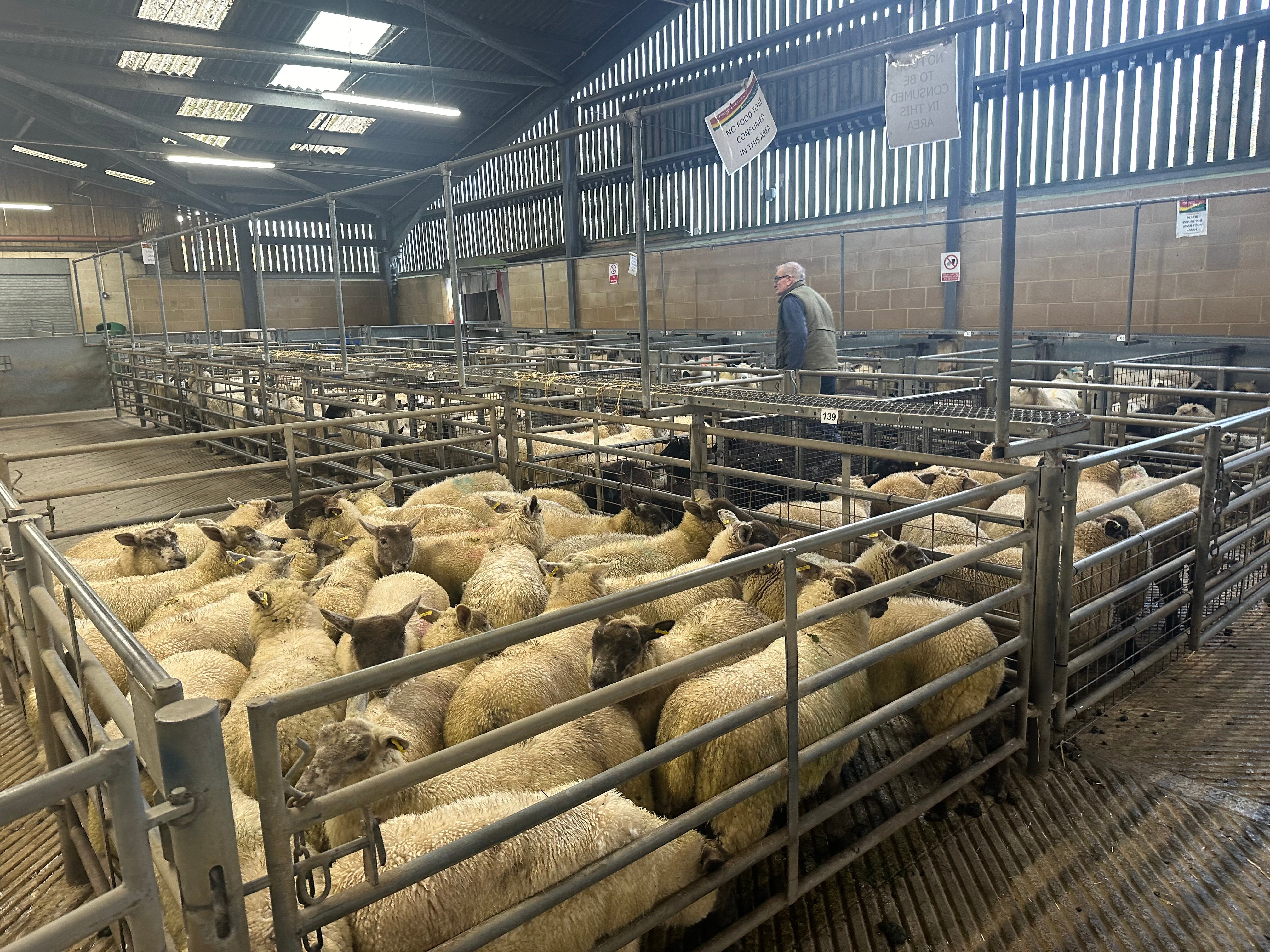
“And whatever people think about inheritance tax, ultimately, the direction of travel is away from protecting family farms, which are now, frankly, being run by the older generation. There’s a lot of concern about the future.”
The livestock market features a huge shed containing pens with around half taken by cattle and sheep. There are two live sales rings where livestock are sold under the watch of flat-capped farmers sipping takeaway cups of coffee.
Farmers can also be checked over at an NHS-supported health hub on site, where they can get anything from advice on emotional wellbeing to their toenails clipped.
In the cafe, there appeared to be only chatter on last week’s Labour budget with murmurs of possible protest action.
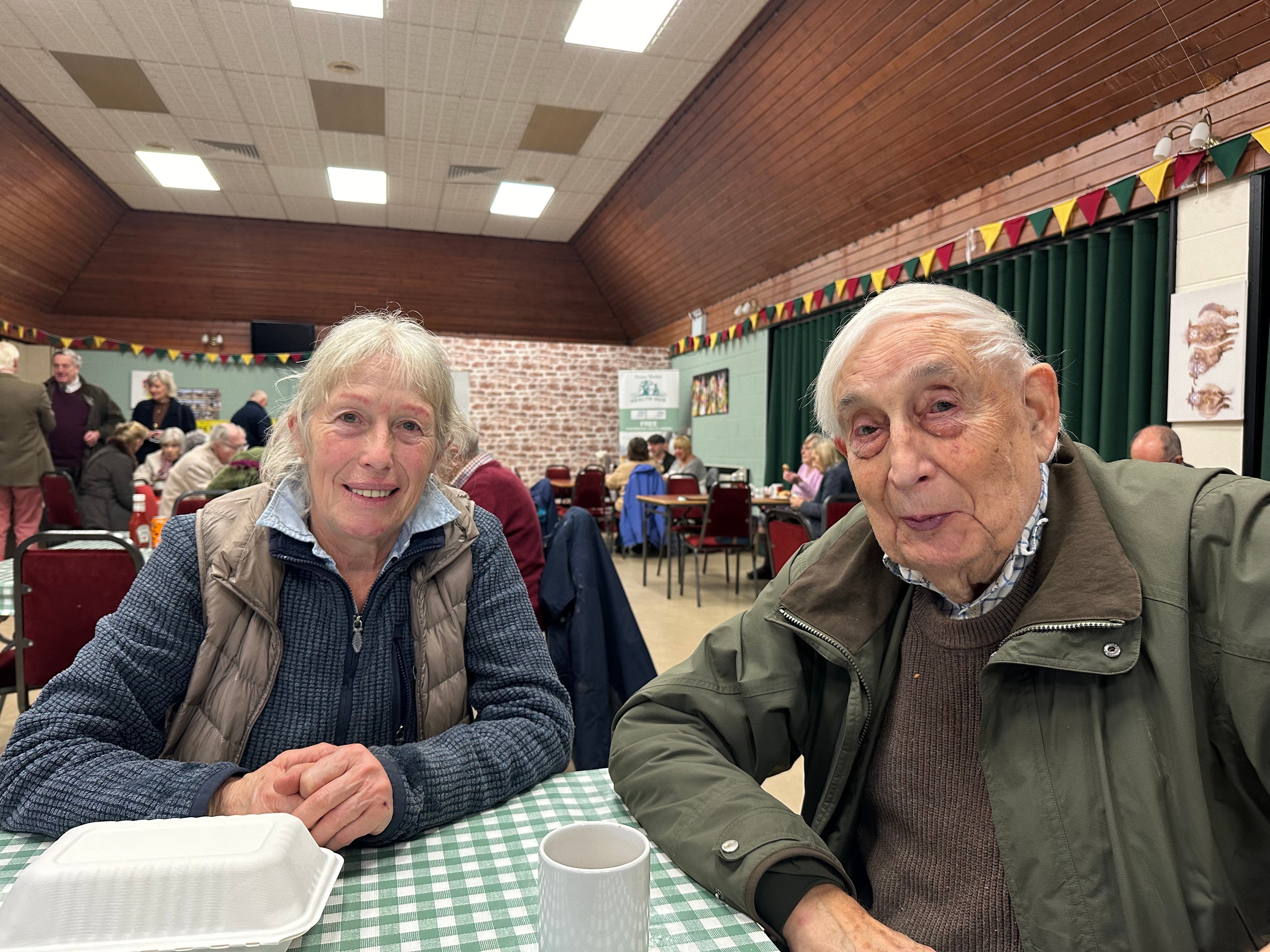
“They [politicians] just think of farmers as being rich, which just isn’t always the case,” said Wiltshire farmer Caroline Cunningham.
Farmer John Strachan added: “Already many family farms have been sold – this will only see more disappear as the younger generation can’t afford to pay the tax with more land used for things like solar farms.”
Another farmer called Dominic, who did not want to share his full name, said: “It would appear to be a tax intended to restrict wealthy landowners, but in reality it will end up hitting family farms.
“It has completely missed the target. Perhaps they don’t care, they think we are all Tory voters who will never vote for them anyway.”
Gareth Wyn Jones, a farmer in north Wales, says under changes in the Budget he will be the last generation in his family farming after 375 years.
The number of farmers in England has fallen 5 per cent between 2020 and 2024 and 38 per cent are aged 65 and over, according to latest Defra figures.
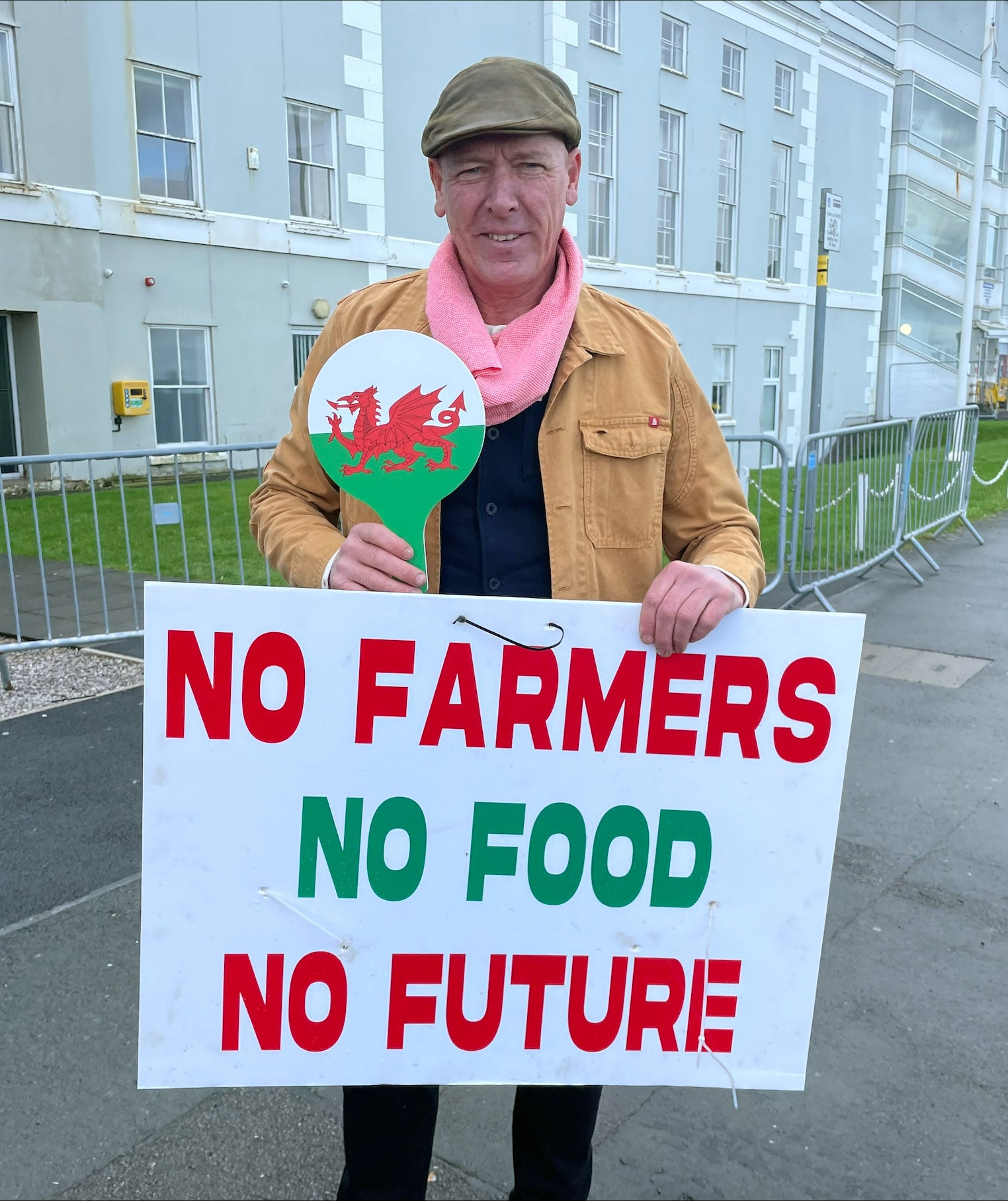
Mr Jones said: “We are sleepwalking into a food shortage. With a growing population, we need the farmers working the land to provide health, good food – we want to be protecting them, not deterring them.
“It only takes something like what’s happened in Spain, where we get vegetables, for our country to be in serious trouble, and it’ll be the poor who suffer most.”
Prime minister Sir Keir Starmer claims that the “vast majority” of farmers will not be impacted by the changes in inheritance tax through the reform of the Agricultural Property Relief (APR). Chancellor Rachel Reeves said the threshold could reach £3m in some cases due to other allowances.
But the NFU disputes Treasury figures that claim roughly three-quarters of farms would be affected, describing the measure as “disastrous” for family farms “already stretched to breaking point” by tightened margins and extreme weather.
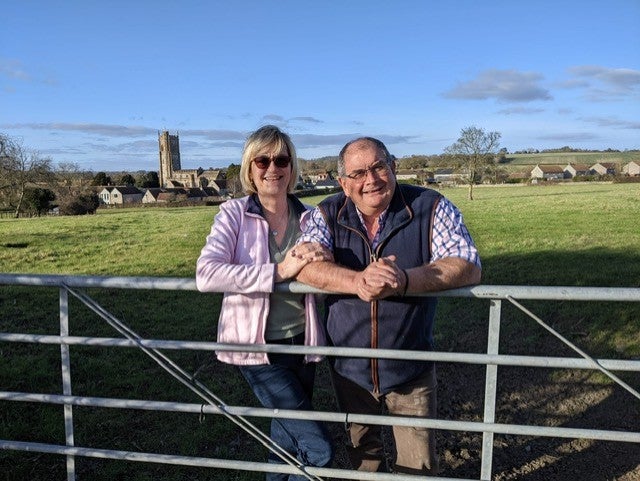
In one corner of the livestock market cafe was farmer Rupert Cox, who under the banner of his mental health project called Farmeradoes, shared bright yellow cups of tea and inviting conversations.
An NHS worker on site said farmers were a “hard group to get to” on talking mental health, with most more likely to care for their animals than themselves.
Suicide rates in the industry are the highest of any UK economy sector, and a study in 2021 found more than a third are possibly or probably depressed.
Mr Cox said: “This is a very worrying time for many farmers, and it’s so important we get them talking and sharing their problems. They feel unloved, let down – we mustn’t allow them to suffer on their own.”
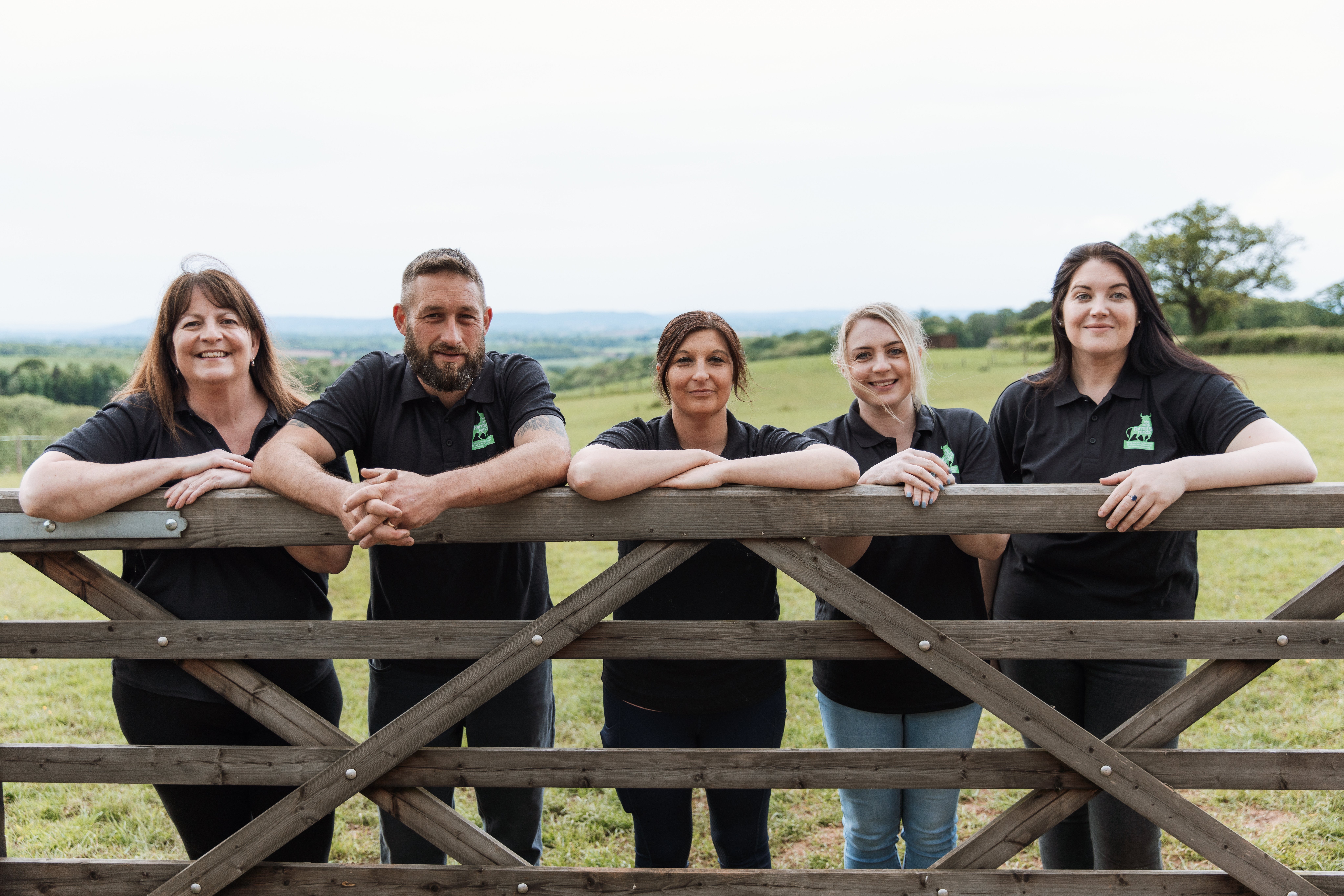
Away from the market’s cafe, in Herefordshire, Sam Stables knows more than most on the mental health struggles of being a farmer.
The 37-year-old tried to take his own life 14 years ago when, he said, pressures of work and home life led to “everything spiralling out of control”.
The father-of-two set up a charity with a 24/7 helpline for farmers in his county. It is also providing counselling to 60 people in the farming community.
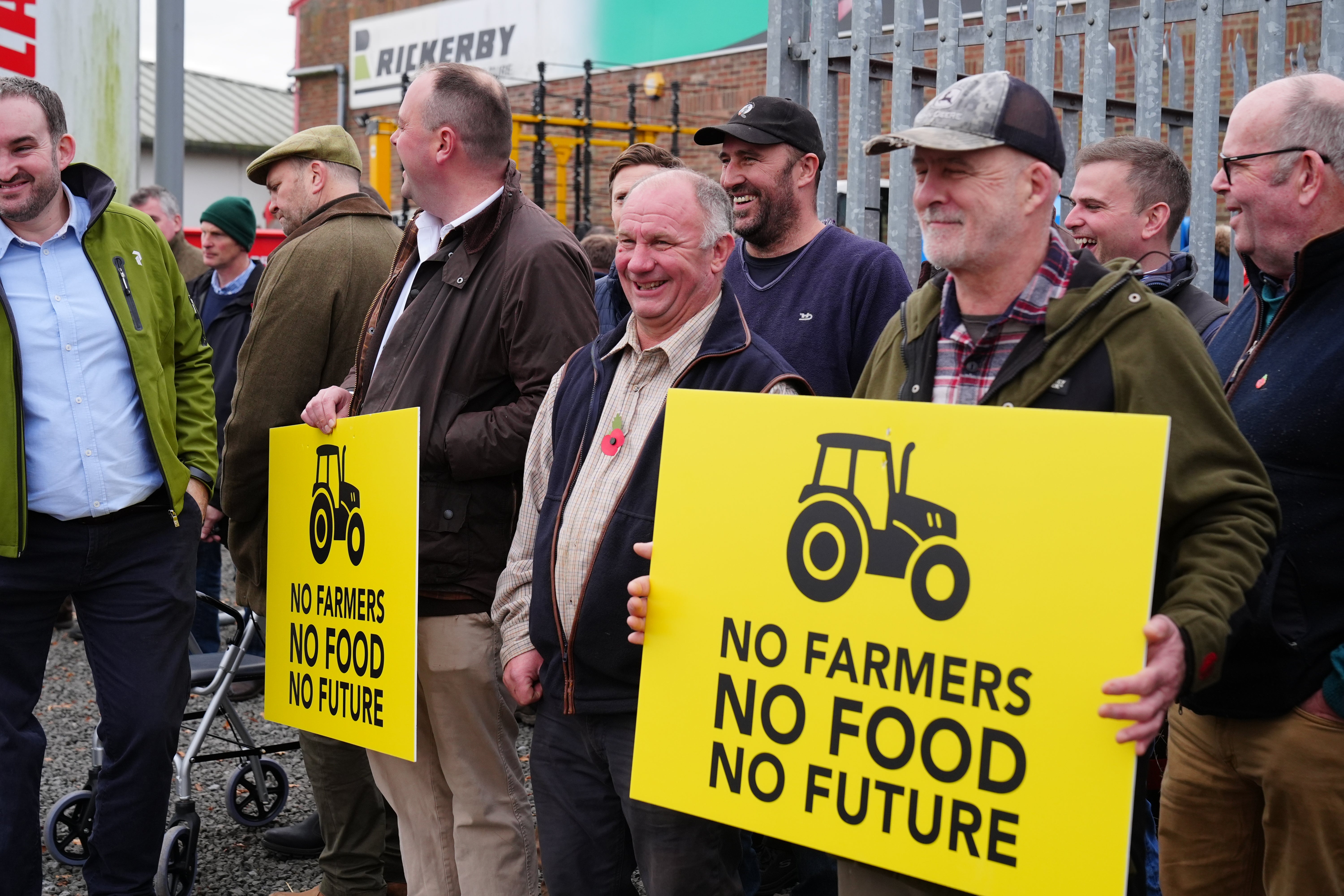
“We haven’t seen people hit the panic button yet following the Budget,” he said. “But I fear if things don’t change we will see greater demand.
“Farmers are feeling numb right now. They are wondering ‘what else can they throw at us next’. There’s much anger over a lack of understanding from politicians.”
A government spokesperson said: “We understand concerns about changes to APR but the majority of those claiming relief will not be affected by these changes. They will be able to pass the family farm down to their children just as previous generations have always done.
“This is a fair and balanced approach that protects the family farm while also fixing the public services that we all rely on. We remain committed to working with the NFU and listening to farmers.”
If you are experiencing feelings of distress, or are struggling to cope, you can speak to the Samaritans, in confidence, on 116 123 (UK and ROI), email jo@samaritans.org, or visit the Samaritans website to find details of your nearest branch.
This is a free, confidential crisis hotline that is available to everyone 24 hours a day, seven days a week. If you are in another country, you can go to www.befrienders.org to find a helpline near you.






